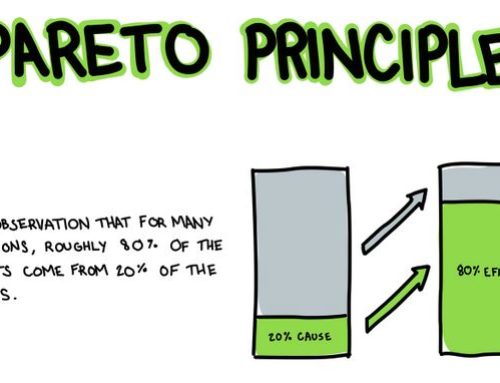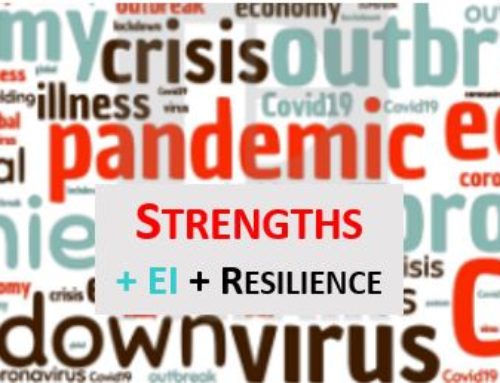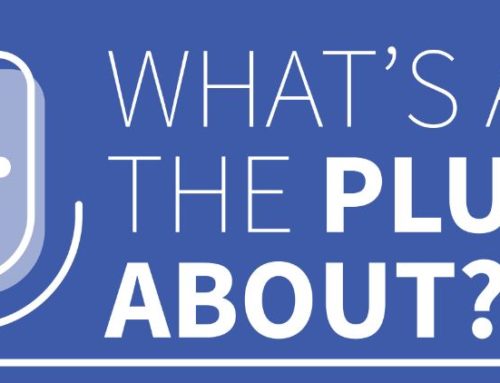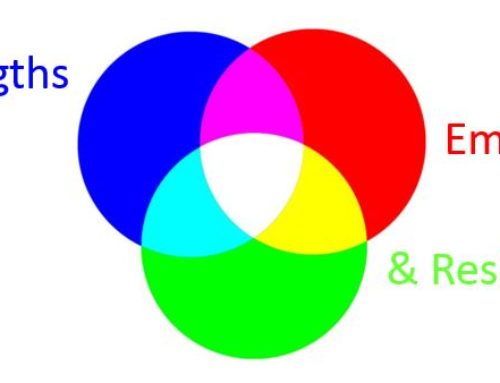On-Boarding New Employees
What are Best Practices?
This question came up in a discussion with a group of colleagues recently, when one of my fellow coaches was asked to propose a program for an organization that is in a rapid growth mode. Each of us shared our experience and suggested resources for our colleague to use.
Foremost among these is the experience and research garnered by the Gallup organization and summarized in their new book, It’s the Manager by Jim Clifton and Jim Harter. They pose five questions that should be answered in your on-boarding process:
- “What do we believe in around here?” – your organization’s Purpose, Beliefs, and Values.
- “What are my strengths?” – to become productive, new employees must understand their own strengths and how those strengths relate to the strengths of other team members. They note that up-front training in strengths and teamwork shows employees that the organization cares about developing people and providing opportunities for long-term growth.
- “What is my role?” – Gallup’s worldwide study of the workplace shows that only about half of all employees know what is expected of them at work! New employees might be slightly higher because they get an idea about job demands and expectations in the recruiting process. Yet too often, the reality of the job doesn’t match what was advertised.
- “Who are my partners?” – Each new hire should have a list of people with whom they will be interacting most frequently – members of their own team of course, plus those in other departments and at other levels who are essential to getting work done – and they should have a strategy for building partnerships with those key individuals.
- “What does my future here look like?” – All employees need to see a path forward and opportunities for advancement or career broadening in your organization. Gallup’s research says this is particularly important for younger employees. Almost 90% of workers report that when they changed jobs, they also changed organizations. This means that organizations are often preparing and training their employees for other responsibilities, only to see them leave to do that work somewhere else, rather than providing a clear career path for the next step within the organization.
I’ve often facilitated new employee orientation for the organizations I’ve served. In one case a few years ago, I worked in a financial services firm that was growing rapidly and trying to shift the culture due to some mistakes in their past. My team had the opportunity to build an orientation program that addressed all of the questions above and thoroughly oriented all new employees to the work of our division, which doubled in size in less than a year. This included a new set of values and expectations for employees. It’s easier to shift the culture of your organization when half of your employees joined in the past year and were given clear guidelines of what is expected and how we want to function as an organization.
To speed the process of shifting culture with current employees, we invited hiring managers to attend a luncheon at the end of the Orientation to meet up with their employee. During lunch, we shared highlights of the Orientation and did a formal “hand-off” to the manager, encouraging them to share the values, beliefs, and expectations from our Orientation program with the rest of their teams.
We also brought back new employees after 3-4 months on the job (for a pizza lunch, to entice them to attend) and asked them how it was going and what else they wish they had known when they started with our organization. This allowed us to “course correct” by continuing to refine the message shared in New Employee Orientation.
How does this compare to the on-boarding processes in your organization? Where could you make changes to ensure you are addressing all of the questions above?
Continue Reading


Let’s Talk
If you would like additional information or have questions about coaching, team building, training workshops, or speaking engagements, schedule a free 30-minute discovery call.
Let’s Talk
If you would like additional information or have questions about coaching, team building, training workshops, or speaking engagements, schedule a free 30-minute discovery call.






